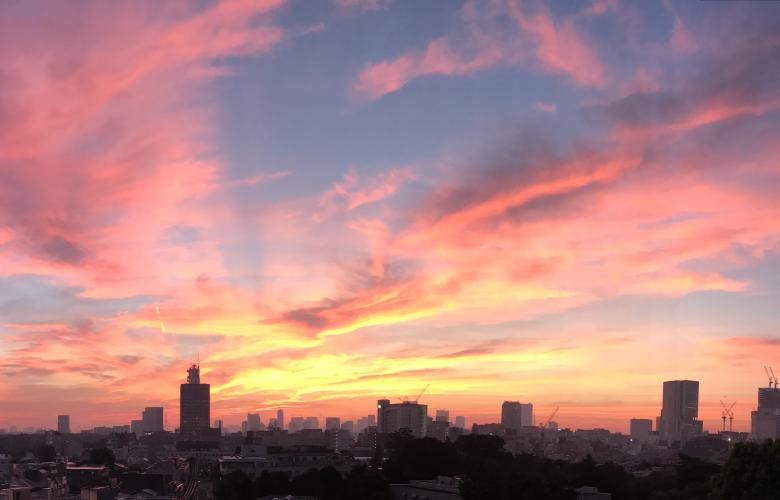As Tokyo office buildings clock in record occupancy rates and as the demand for new workspaces remains constant, it is hard to believe that the market for office real estate in Tokyo could be facing a bubble. Yet, there are few signs that investors should keep an eye on over the next three years as the market might be capping out.
Debt and the real estate market
S&P Global Ratings takes the fact that the real estate sector’s debt levels now eclipse that of the bubble era in the 80s as a serious sign that Japan could be entering bubble territory once more.
The Japan Times quotes S&P saying: 'Japan’s real estate market is peaking out and ready to head down. Although the conditions in the office leasing market are solid, there are signs of a slowdown in corporate earnings, particularly among manufacturers.' In addition, major upticks in central Tokyo office building supply are expected between 2020 and 2023.
Other factors include Japan’s labour shortage, which is pushing up construction companies’ personnel costs, and rising raw material prices, according to the Nikkei Asian Review. They add that the increasing and fierce competition for land is also driving up prices.
The rating agency quoted real estate giants Mitsubishi Estate Co., Mitsui Fudosan Co., Sumitomo Realty & Development Co., and Nomura Real Estate Holdings Inc. as most at risk.
Potentially changing interest rates
While the Bank of Japan has maintained an easy monetary policy with extremely low interest rates since 2013, domestic lenders have increased loans to real estate developers. Developers are one of the industries most eager to borrow money, as they are on a spending spree, commissioning large redevelopment projects and property acquisitions — many in central Tokyo's office sector.
While a lot of financing flows into real estate now, property prices could deteriorate if banks reduce the number of loans passed out to real estate developers or if financing costs rise, worsening the financial standing of developers.
According to the Nikkei Asian Review, the status quo will likely continue until 2021, as the Bank of Japan would have difficulty tightening policy before then with global economic growth slowing.
By Mareike Dornhege
Similar to this:
Tokyo’s booming office market
Top Tokyo redevelopment projects
Kobe to put a blanket ban on high-rise condos





